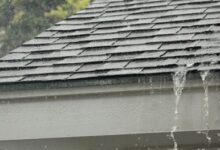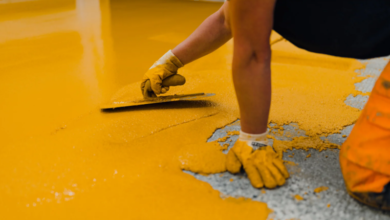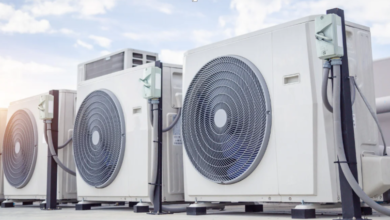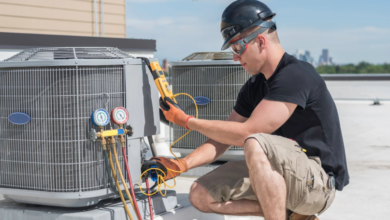The Role of Mold Inspections in Preventing Health Problems
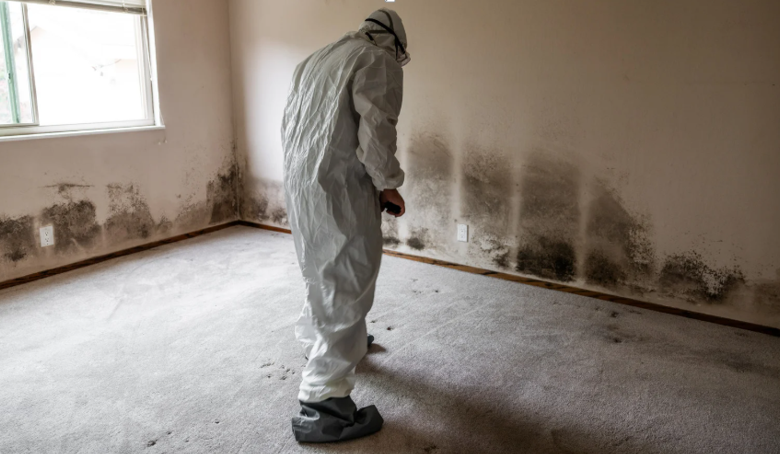
Mold is often underestimated, yet its presence indoors can have lasting consequences for both human health and property integrity. It develops silently in areas with high moisture, behind walls, under flooring, and in poorly ventilated spaces. Left undetected, it releases spores that circulate through the air and trigger respiratory issues, skin irritation, and more severe complications over time. Engaging a professional services firm for mold inspection in Atlanta is the most effective way to detect hidden mold colonies and prevent them from jeopardizing indoor air quality.
Why Mold Inspections Are Crucial
When it comes to health-related maintenance, mold inspections are foundational. Unlike visible dust or debris, mold often forms in inaccessible areas, making it difficult to detect without professional tools. This hidden growth is especially dangerous because of how easily spores spread. Once airborne, mold spores contribute to symptoms like sneezing, coughing, headaches, and, in some cases, long-term respiratory issues. Routine inspections help pinpoint sources of contamination before they escalate into larger, more expensive problems. They also play a proactive role in ensuring buildings remain compliant with health and safety standards.
Knowing What to Ask During an Inspection
A professional mold inspection isn’t just about looking; it’s about asking the right questions to reveal risks that aren’t immediately visible. Inspectors should be prepared to address questions about moisture levels, ventilation adequacy, and past water damage. Understanding what to ask enables better identification of risk factors and ensures the inspection is thorough and tailored to the building’s history. Insight into this process is enhanced when evaluating questions to ask during a professional mold inspection and why they matter, helping property owners approach inspections with informed intent rather than reactive urgency.
The Overlooked Impact of Water Damage
Water events, whether minor leaks or major flooding, create ideal conditions for mold. Moisture can linger behind walls or under floors long after surfaces appear dry, creating a perfect breeding ground for spores. Unfortunately, this stage of mold development often goes unnoticed. That’s why mold inspections are highly recommended in any property that has experienced water intrusion. Understanding why mold inspections are essential after water damage reinforces the importance of acting quickly, even if no mold is visibly present. Early detection following water damage can prevent structural decay and serious health impacts.
See also: Why Professional Basement Finishing Increases Home Resale Value
Health Risks Tied to Prolonged Exposure
Prolonged exposure to mold is especially harmful to vulnerable populations, including infants, the elderly, and those with compromised immune systems or pre-existing respiratory conditions. Even healthy individuals can develop sensitivities over time. Regular inspections reduce these risks by ensuring early detection and removal. They also identify the root causes of moisture that contribute to mold growth, allowing for long-term prevention, not just temporary fixes.
Conclusion
Mold inspections are essential for preventing health issues, protecting property, and preserving indoor air quality. These evaluations uncover hidden threats before they spread, ensuring that small problems don’t turn into serious health concerns or costly repairs. Whether prompted by water damage or conducted as a preventative measure, professional mold inspections give property owners the knowledge needed to act decisively.
Ultimately, investing in routine inspections isn’t just about mold; it’s about creating a safe, breathable, and structurally sound space. Early detection leads to faster remediation, healthier living environments, and long-term peace of mind.
